Author: Lynda Benigno
The coronavirus currently dominates the news, social media, and personal discussions. The total confirmed cases and the death toll continues to rise. The stock market is in shambles. Schools are closing. Entire towns are on lock down, and as of this writing, the National Guard has been deployed in New York. Hand sanitizer and toilet paper fly off grocery store shelves. I have been unable to buy bleach from my local grocery store because, as one employee said with a shrug: " It disappears as quickly as it comes in." An Asian American employee of our energy supplier told me last week of being refused entry into two different residences. He was accused of intentionally trying to infect the homeowners with COVID-19. At the end of our exchange, he thanked me for being kind and asked for a hug. I obliged, feeling some of his sadness dissipate I found myself wishing for a better world. Nothing brings out the worst in people like fear.
Approximately 40 million Americans experience daily anxiety. Hearing or seeing the words " death toll " and " pandemic" on a loop will only exacerbate symptoms. Health officials do not know everything there is to know about the coronavirus. There is no treatment or vaccine, and if you watch the news, it appears there is little to no control over its spread. Where there is uncertainty, there is fear. Fear in this particular instance translates into panic buying, xenophobia, and paranoia. If you are panicking, chances are you are making rash decisions.
Is the coronavirus scary?
Yes.
Should you take the proper precautions to avoid infection?
Yes.
Should you panic?
No. Hysteria will not help you or anyone else.
If you are experiencing anxiety over COVID-19, there are a few things you can do to alleviate your symptoms and keep a level head.
Stay informed but limit media exposure. Choose reliable news sources such as the CDC website or your local health department website for updates and preventive measures you can take to lessen your chance of infection. Limit the amount of time you spend watching or reading the news about Covid-19 to once or twice a day.
Take the proper steps to remain healthy and limit exposure. Eat healthy foods and drink plenty of water. Be sure you are getting enough sleep. Wash your hands for at least 20 seconds before and after eating and after using the bathroom. Avoid touching your face. Keep your stress levels in check to give your immune system a boost.
Keep a normal routine. If you are busy with your day to day responsibilities, you will have less time to focus on the unknowns surrounding the coronavirus. Go to work, run errands, help the kids with homework. Whatever your " normal" is, do that.
Find joy in the ordinary. Engage in hobbies or have a movie night with your spouse, friends, or kids. Make a list of what you are grateful for and hang it on the fridge. Try to stay in the moment and enjoy the small pleasures the world has to offer.
If you are struggling with obsessive thoughts about COVID-19, seek professional help. If you have an anxiety disorder and have noticed an uptick in your symptoms, contact your therapist. A licensed therapist can give you the tools you need to cope with and lessen your symptoms.
The opinions expressed in this article are of the author and not intended to diagnose, treat, or cure any physical or mental condition. If you are struggling, please contact your healthcare provider, the National Suicide Prevention Hotline at 1-800-273-8255 or Stepping Stone Community Services at 330-577-4099.

